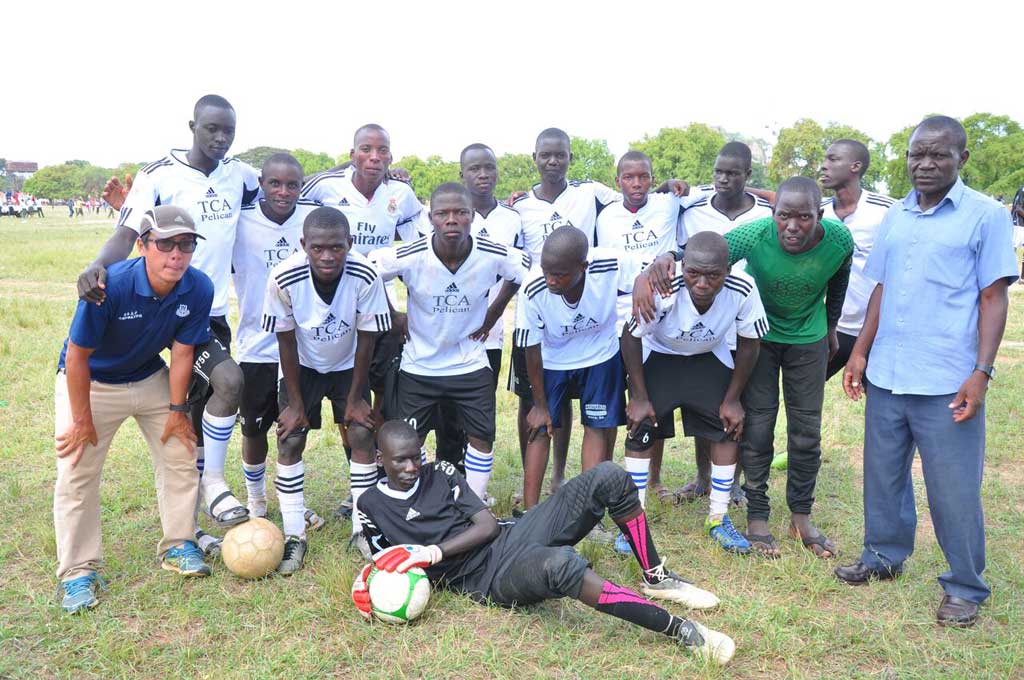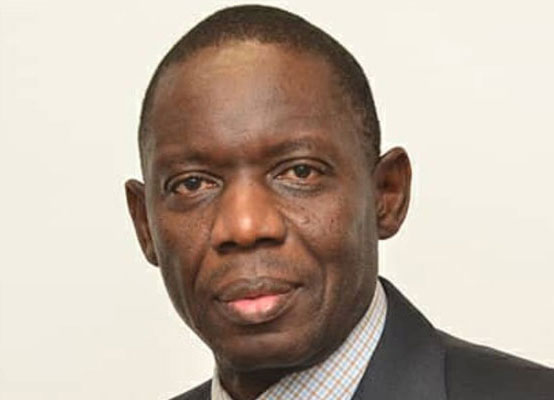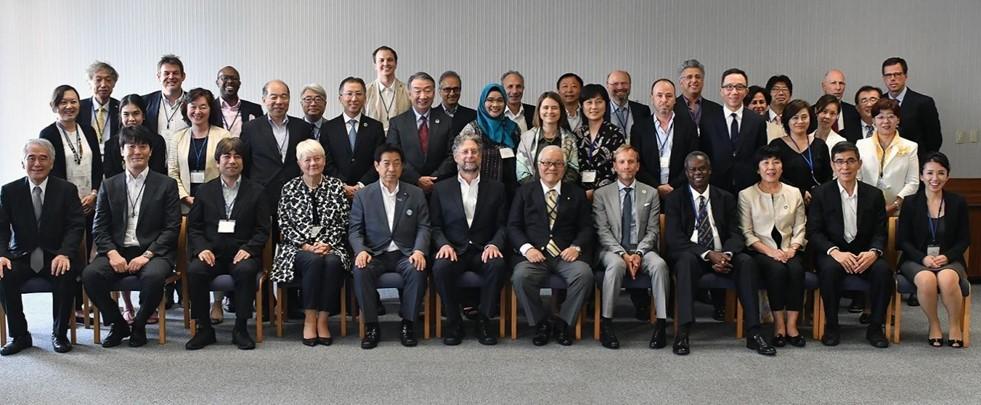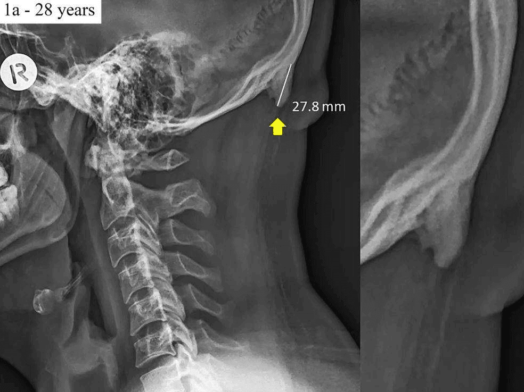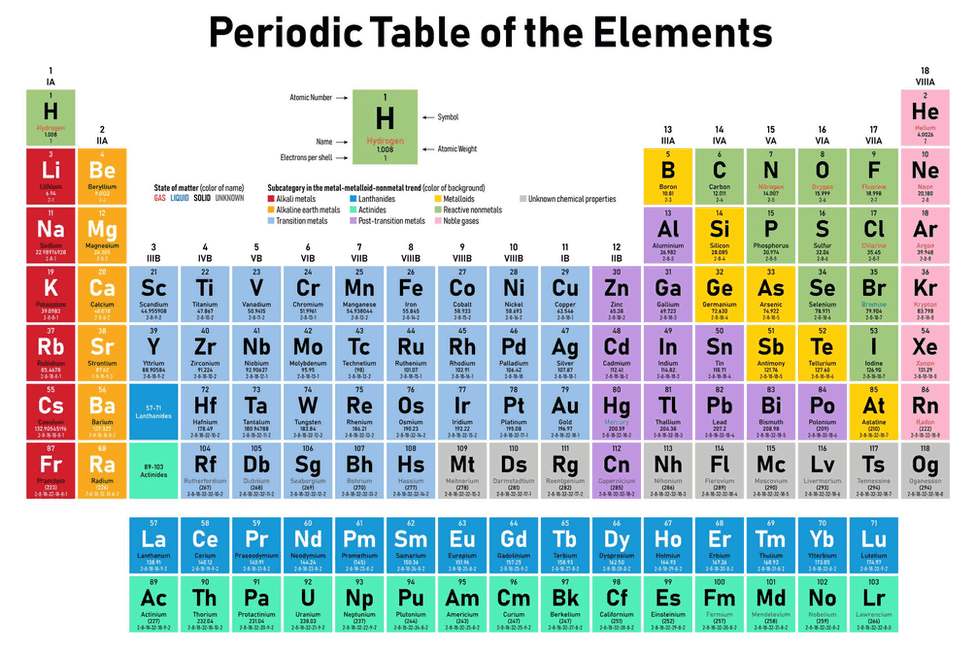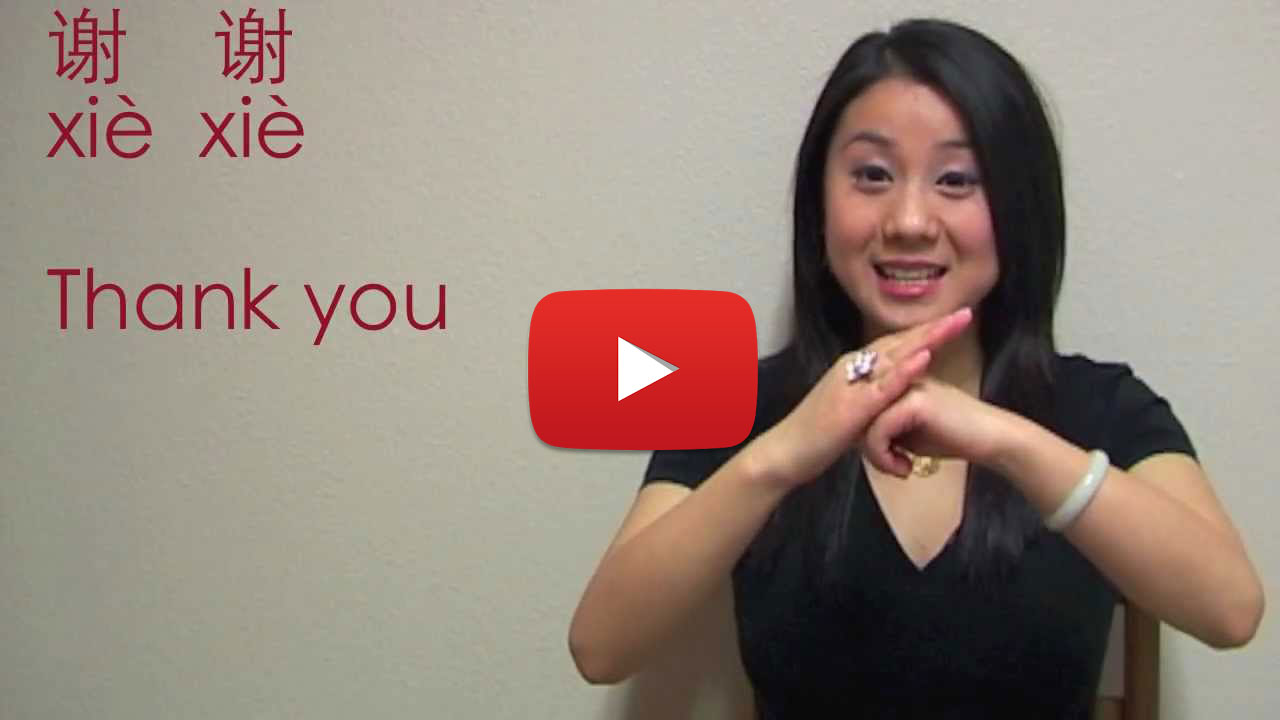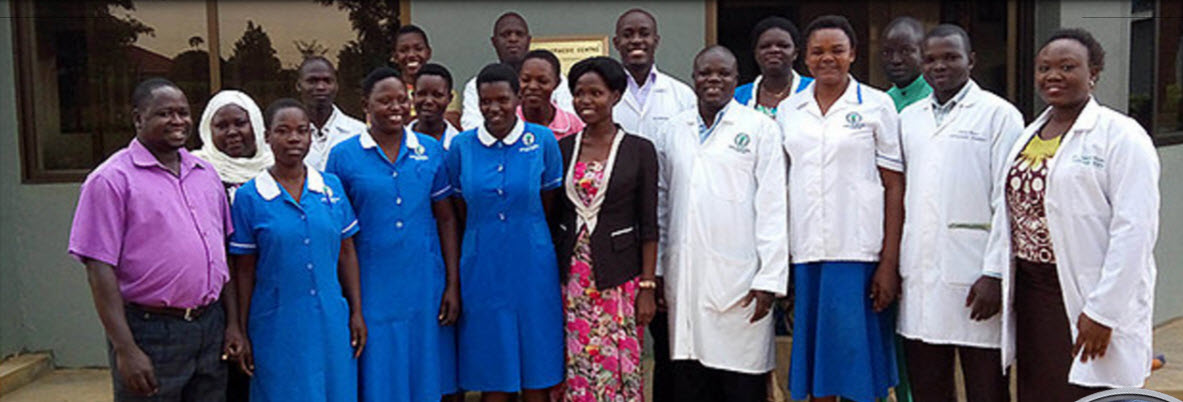The morning of Monday, March 4th 2013, was like any ordinary school day. The students had settled down for their early morning lessons and I was in the staffroom, preparing to repeat a topic I had taught earlier but felt wasn’t fully understood. I was just about to finish the task when the office messenger walked briskly in and asked the teachers at the door where I was. They pointed him to my desk and he sauntered towards me, shoving a note from the Deputy Head Teacher in my face.
The note required that I go to the deputy’s office instantly. I did not waste any time, but hastened to obey. Inside, I saw a gentleman whom the deputy introduced as the Human Rights Officer in Soroti. I was informed that he was here to see about the prospects of launching a human rights and peace club in the school. My assignment was to study the activities of other clubs in the school to see if there would be duplication of roles.
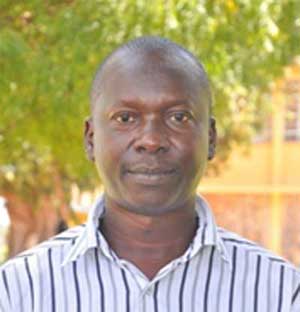
Paul Oboi – Patron
Armed with a few books on the human rights situation in the country, I embarked on this task. While indeed there was no other club with activities tailored to rights education and preservation, there was a lot of apprehension at first about a club that would promote students’ awareness of their rights. Skeptics amongst the staff saw it as a recipe for strikes as students started clamoring for “so called rights”. Others dismissed the club as time-wasting, since students had better things to do.
The students’ response, on the other hand, was encouraging. They saw an opportunity to share experiences, as well as educate other students about their rights and responsibilities. It was undeniably the slogan, “With rights come responsibilities”, that in the end won support for us. Two weeks after that initial visit, the club was allowed to carry out its activities in the school. Since I was also patron of the Debating club, I enlisted the support of the debaters, who seemed strangely aware of the potential in human rights clubs. Within three days, we had recruited 120 members from all the classes.
On Saturday March 23rd, we held our very first meeting. Elections for various club positions were held. The members then embarked on drawing up a roadmap for that year. The club’s newly elected chairperson directed this process. I had very little to do, apart from occasionally guiding the discussion. When finally the meeting ended, we had a plethora of activities to accomplish.
First, we had to approach the librarian in order to secure a human rights corner within the library. Here all literature concerning human rights would be gathered and students and teachers directed to visit it. The assembly then resolved that a drama team be constituted to sensitize the entire school to human rights issues. The major focus would be on bullying, especially the mistreatment of senior one students who had just reported.
These two activities were implemented in the first term. It was mostly the drama skits played out during assemblies that aroused a lot of interest. In one such skit, a bully was telling a senior one student to write his name using his waist, unaware that the housemaster was watching. The bully was later suspended from school. The wriggling of the victim sent the entire school assembly mirthlessly laughing, but at the end of the day, the message had sunk in: bullying has dire consequences for those who indulge in it. Since then, drama is part and parcel of the club’s human rights education programme.
The second term had its own array of activities. The club agreed that human rights education was at the core of its mission. A lot more sensitization needed to be done. With the help of the school administration, the club embarked on the construction of a talking compound, with posters that spoke about rights and responsibilities.
The most contentious area was the use of the stick. It must be admitted that quite a number of teachers believe that caning students is the best way of punishing them. Upon visiting the human rights offices in Soroti, the club was given posters campaigning against torture, as well as copies of the anti-torture act. The posters were pinned in all the notice boards of the school. To our surprise, the practice of caning has been drastically reduced in the school. Almost everyone now talks about alternative punishments. The guidance and counseling department now handles most cases of indiscipline – cases that were previously summarily punished by individual teachers.
Members felt that to fully understand the concept of human rights, the club had to engage in activities outside the school. Members of the club teamed up with other clubs, such as the Red Cross, to pay a visit to patients in Soroti Regional Hospital. The members actively participated in promoting what they believe to be the patients’ right to a clean environment. They cleaned the hospital and were praised by the media within Soroti, especially the Etop newspaper, which fully covered their noble undertaking. The cleaning of various health units is now a regular activity in the club’s calendar.
When the Prefect’s Electoral Commission came to know the zeal with which club members went about their activities, it engaged some of them to serve as observers during that term’s election. Interestingly, this has become the norm. All elections are now conducted with the human rights club members as observers, ensuring that school elections are free and fair. We did not stop at that, the club was also pivotal in mobilizing eligible students to register for the National ID.
Whereas we have seen lots of successes, it goes without saying that there have been oodles of challenges. Many still view our activities with suspicion. We are sometimes blamed for inciting students, yet in our exercise of rights education our emphasis is on rights and responsibilities. Much as students have the right to education, we preach that they have the responsibility of attending lessons.
Then there is the challenge of training. Our knowledge of rights is largely gathered from law books bedeviled with legal jargon we hardly understand. It therefore goes without saying that ample training needs to be provided to enable us to more effectively participate in rights education.
Oboi Paul
PATRON




